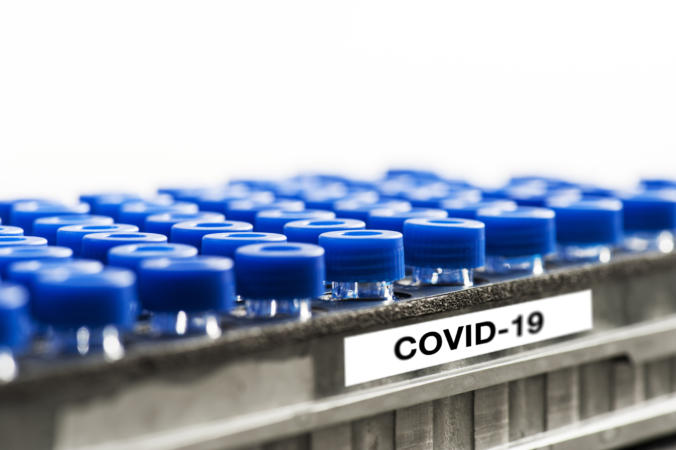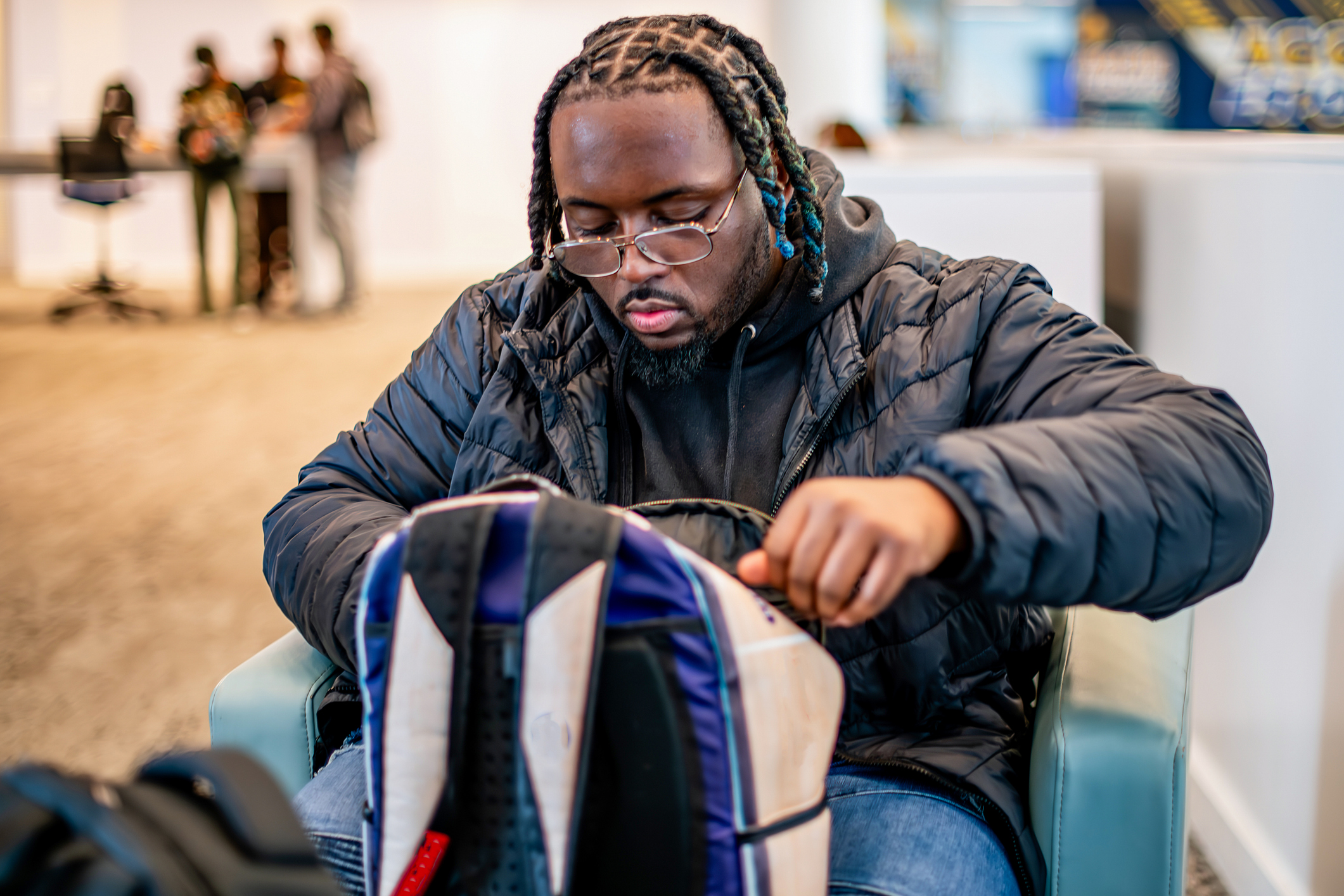Black and brown communities have been hit hard with the effects of the COVID-19 pandemic, ravaging neighborhoods across the country. However, medical professionals are working vigilantly to develop treatments for the illness.
According to NBC News, Black scientists from Meharry Medical College have reportedly been developing an antiviral drug for the virus, and hope to test the treatment in the next two weeks.
Meharry Medical College — founded in 1876 in Nashville, TN — was originally built to teach enslaved Africans how to practice medicine and assist underserved communities, as reported by NBC News.
For years, Meharry has had a hand in producing over 4,800 Black doctors, 83 percent of whom work in Black or underserved communities, NBC News reports.
Dr. Armen Henderson, a Meharry alum, has been helping to test the homeless community in Miami, FL — for COVID-19 — since March. The Florida doctor was recently racially profiled in front of his home before going to volunteer, as reported by CNN.
Dr. Armen Henderson, Class of 2014, has been leading a team to provide necessities and COVID19 testing to the vulnerable population of Miami, FL. Dr. Henderson, thank you for continuing to uphold the mission of serving the underserved. We stand with you! pic.twitter.com/dn9wxWSOI3
— Meharry Medical College (@MeharryMedical) April 11, 2020
“We are called to serve on the front lines. For Meharrians, it’s natural to go into our communities. We exist in the black community. But it’s at a heightened level now. And having an HBCU presence, voice and expertise is essential,” Dr. Linda Witt, the senior associate vice president for development at Meharry, said.
Dr. Donald Alcendor, the scientist behind this new antiviral drug, contributes much of his motivation to his HBCU background and takes the matter personally as a member of his community. He hopes his work will help quell the virus in the Black community and flatten the curve of positive cases and death rates.
“The process is understanding how the virus gets into your system, where it goes and how it infects,” Alcendor said. “The struggle is that it is a single-strand that produces tremendous inflammation. The patient will feel like he’s drowning.”
Alcendor previously developed a successful anti-virus to combat the Zika virus five years ago. He and other scientists shared that as opposed to a vaccine — which prevents contracting a disease and takes up to 18 months to produce — an antiviral drug will be used to treat infected patients.
Alcendor claims that his antiviral drug will “intervene at the critical point in the virus’ (attack), eliminating its ability to reproduce viral proteins. The cycle would be terminated.”
In comparison to the Zika virus he contended with, Alcendor reported the death toll — and spread — is on a much bigger scale with COVID-19. He hopes to have the drug ready for testing in two weeks, which will then move onto clinical trials. If successful, it could be approved by the Food and Drug Administration within a “few months.”
















